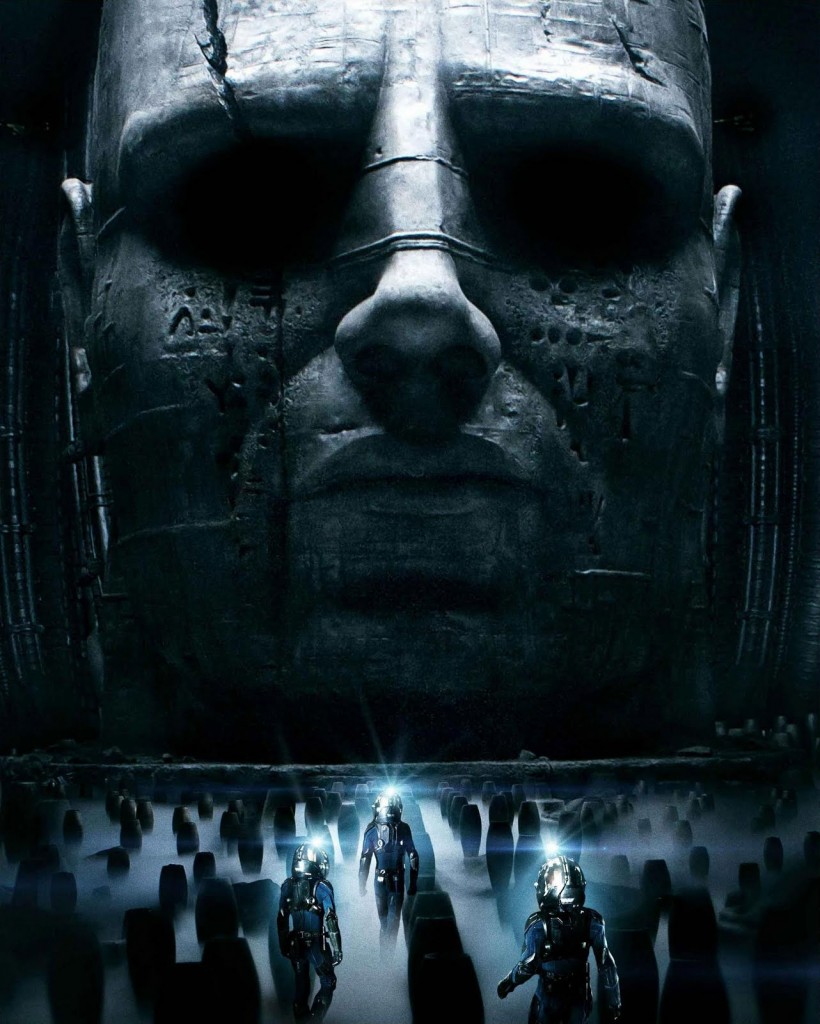It is one of my great pleasures to look at popular culture through the lens of the gospel and to eavesdrop on the conversation as artists like John Irving, David Shore, and Cormac McCarthy discuss the complexities of faith and doubt in their works, A Prayer for Owen Meany, House, Sunset Limited respectively. In Prometheus, Ridley Scott has come into the room and attempted to insert his thoughts into the conversation. The role of the moviegoer, Christian or otherwise, is not only to mine the film for truth, for all movies will have truth of some kind or another but to evaluate how it wrestles with its central themes. In other words, do we allow it a seat at the table where faith and doubt are being discussed?
I don’t think Prometheus should be allowed in the room. Rather, it should be set down in front of television with a large bowl of Cheezies while the grownups talk.
SPOILER ALERT
I saw it opening night and I was tired, so maybe I missed the parts where this movie dealt with the issues surrounding faith and doubt in a post-Christian world. What I did see was a lady with a cross who believed in some transcendent good in the universe and a robot that didn’t. Oh, and the woman with the cross, got an abortion. My critique is that this film doesn’t raise any issue for serious discussion, even though it presumes to deal with the very serious and complex issue of faith/doubt.
I think he may be guilty of the same thing in the title. Prometheus created man and sorta fell for the little beggars so he stole forbidden fire from the gods and gave it to humans. For his pains, he enjoyed a quotidian extraction of his liver by a raptor. At this point, I can’t figure out the relevance of this allusion. The only connection I see in Scott’s film is that the “engineer,” like Prometheus, created man. Where’s the Promethean rebellion against the gods? Where is the perpetual torture that is a result of immortality? Where’s the idea that humans are in possession of some power beyond their power to control?
Like the abortion, I suspect he just tossed the allusion in there to create the illusion of profundity.
Regarding characterization in the film: characters were very thin, just types actually, possibly even borrowed from cartoons. Did anyone else think that Mr. Weyland and David bore too close a resemblance to Mr. Burns and Smithers from the Simpsons?
If you go to movies because you love special effects or critiquing superficial schlock masquerading as art, you should see this movie. If you like movies with interesting round characters and honest exploration of the complexity of human experience, go see the Avengers a second time—there’s way more there and they weren’t even trying.
On the other hand, Chris Morrisey finds much more in this movie than I do. Consider this.



